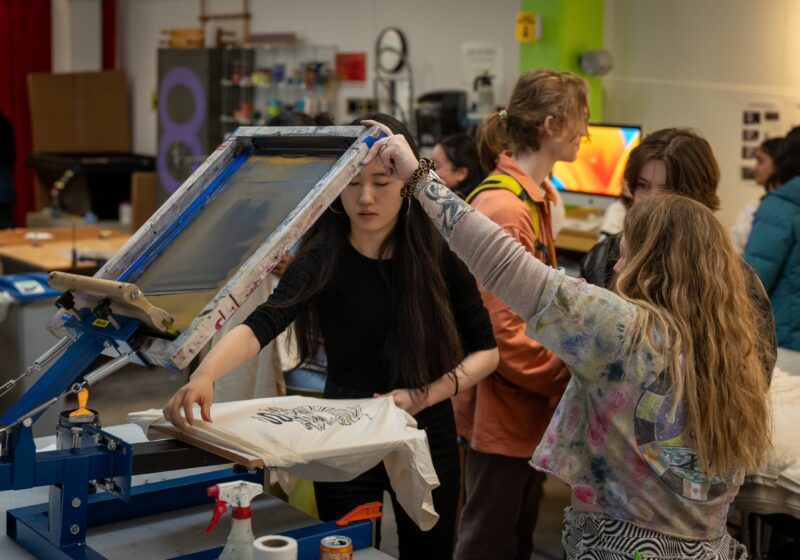Researchers at the UR Medical Center recently discovered that the same traits that make cranberry juice a powerful weapon against infections of the bladder also hold great potential for protecting teeth from getting cavities.
Assistant Professor in the department of dentistry Hyun Michel Koo led the discovery, which was featured on CNN.
He found that cranberry juice can act similarly to Teflon for teeth, making a slippery surface difficult for the bacteria that causes cavities to latch on to, thus preventing infection.
“Scientists believe that one of the main ways that cranberries prevent urinary tract infections is by inhibiting the adherence of pathogens on the surface of the bladder,” Koo said. “Perhaps the same is true in the mouth, where bacteria use adhesion molecules to hold onto teeth.”
His team also found plenty of evidence supporting the fact that cranberry juice is capable of disrupting the formation of the building block of plaque – glucan, a type of enzyme that builds plaque.
Bacteria generally uses enzymes known as glucosyltransferases to build dental plaque piece by piece and to quickly form a grimy fortress that covers the tooth and gives bacteria a safe and comfortable place where it can feed on sugar, thrive and slowly churn out acid.
Koo’s team found that cranberry juice is able to prevent bacteria from forming plaque as it inhibits those enzymes and stops additional bacteria from growing
“Something in the cranberry juice disarms the pathogens that cause tooth decay,” Koo said.
It is true, though, that the sugar that is usually added to cranberry juice can also cause cavities and the natural acidity of the substance can directly cause tooth decay.
“The fruit is also loaded with natural acid that can strip away essential minerals in teeth,” he said. So instead of going out and advocating the mass consumption of cranberry juice, Koo is hoping to isolate the compounds within the juice that pack an anti-cavity punch. Scientists hope to see these substances added directly to either toothpaste or mouthwash.
Plant pathologist and director of the Blueberry and Cranberry Research and Extension Center at Rutgers University Nicholi Vorsa is working closely with Koo to isolate the compounds in the juice that are the most protective.
During their study, researchers coated a synthetic material that acts like tooth enamel, called hydroxyapatite, with cranberry juice. They then applied the cavity-causing bacteria streptococcus mutans, plaque or glucan.
Their results, which took about seven months to obtain, showed cranberries were about 80 percent effective in protecting teeth. More laboratory tests are needed to try to isolate the active compounds before clinical trials with patients can be considered.
Koo’s study is part of a series of projects sponsored by the National Institutes of Health to study cranberries’ health benefits.
The agency is also studying the fruit’s impact on urinary tract infections and how it is processed by the body.
Today, tooth decay is one of the most common conditions among Americans, second only to the common cold according to the NIH.
Lewis can be reached at slewis@campustmes.org.





